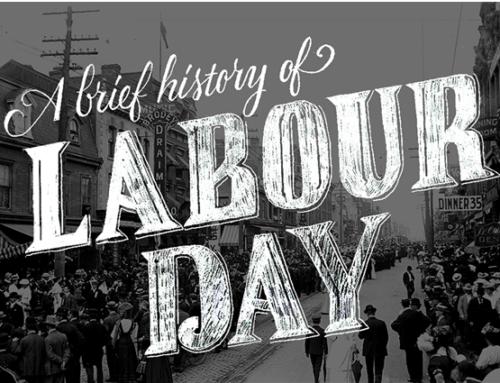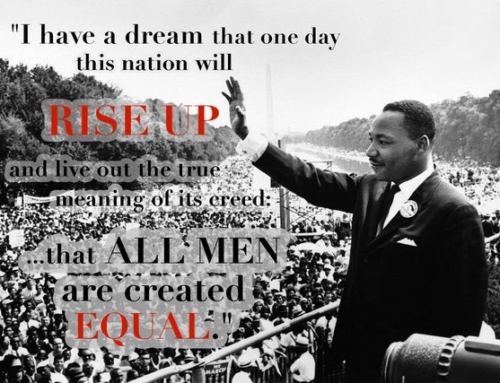Rejection is never easy. What’s even more challenging than accepting rejection is asking for someone’s evaluation of you after your confidence has taken a hit. Eek! Asking for feedback, however, can be a positive, eye-opening learning experience. When you are told you were not the successful candidate for a job you really wanted, don’t simply say thank you and move on to the next application; simply saying “thanks” then moving on could become cyclical if you do not find out how you are behaving as an applicant.
So, why didn’t you get the job? Was someone else more qualified? If so, then perhaps you need to upgrade your skills. Was the employer concerned about that gap in your employment history that was left unaddressed in the interview? If so, then maybe you need to thoughtfully explain why in your cover letter. Or maybe the interviewer was concerned about your attire or attitude! If this is the case, then at least now you know to dress and act more appropriately for your next interview. Without being privy to this information, you would likely continue to interview in the same fashion, never landing yourself the job of your dreams. Without being armed with this information, you will never know what you need to work on; you’ll only have speculation and self-doubt, which as we know can spiral into an accusatory, weighty monster sitting on your conscience.
Say goodbye to that weighty monster by opening yourself up to facts and perspectives from someone who interviews on a daily basis. Here is an important interjection: Ensure when you first call the employer that you introduce yourself and attempt to schedule another time to acquire feedback on your application/interview. Never put an employer on the spot and ask for feedback. How would you feel if you were approached abruptly and asked to immediately judge, and then reveal your judgement, about a particular individual to their face. Awkward, right? Considering this individual is the person who you may interview with again in the future, you want to keep the relationship as positive and amiable as possible. Moreover, asking to schedule a brief 10 minutes with him or her another time sends the message that you are respectful of the individual’s time.
After scheduling a brief 10 minutes with the interviewer to receive feedback, call the employer on time and have a couple of questions at the ready. Some questions to consider include:
- What could I do differently next time to ensure that I am the successful candidate?
- In hopes of working for your company in the future, what could I improve upon to ensure I am a good fit for a similar role within your organization?
- Were there any areas of concern on my application or during my interview?
Remember to remain calm and not get defensive. With each piece of advice the employer has for you, cogitate on it carefully and consider making changes. If you decide not to make a change, but hear that same piece of advice from another employer while job searching, then definitely make the change and see how you fare. Good luck!


















